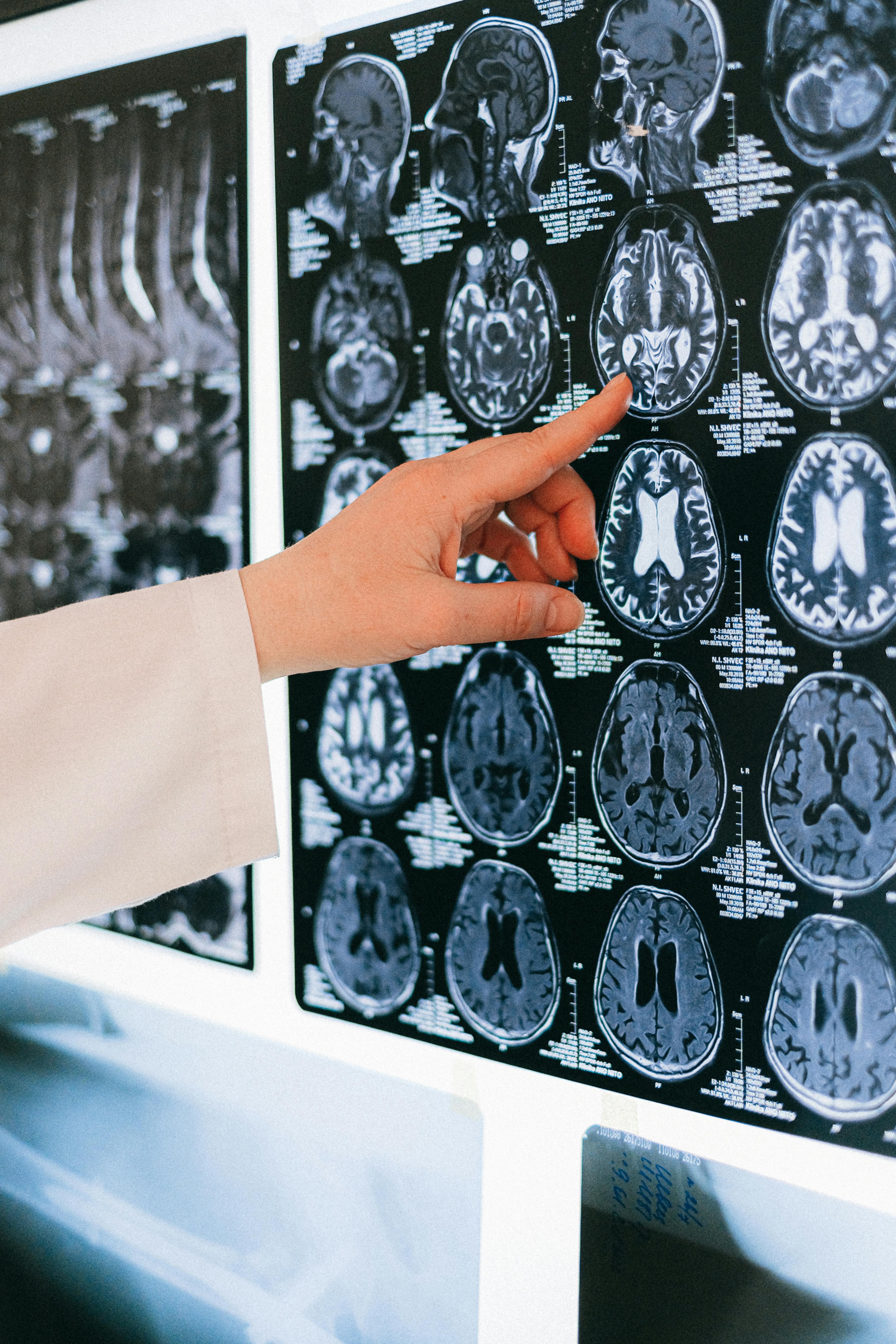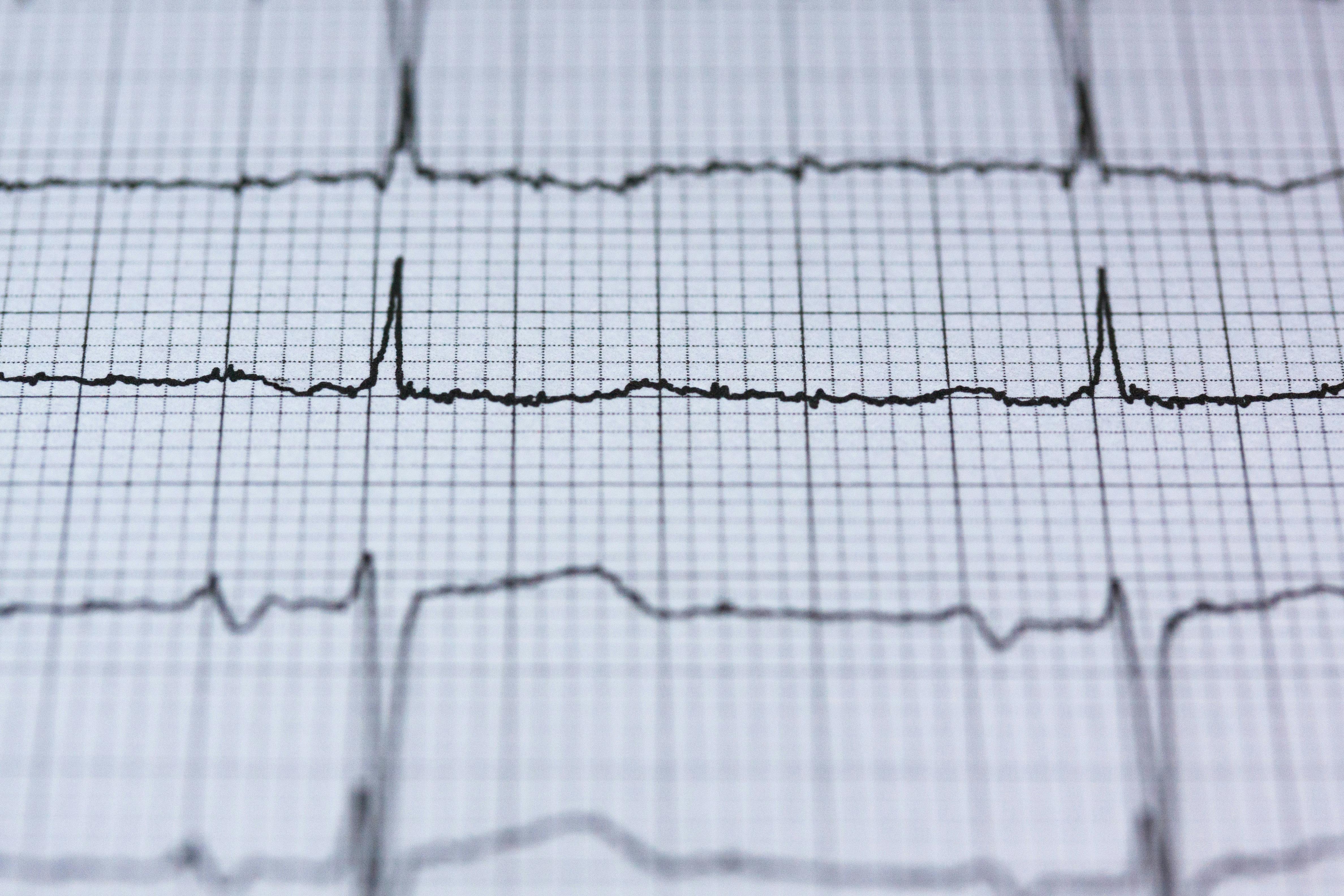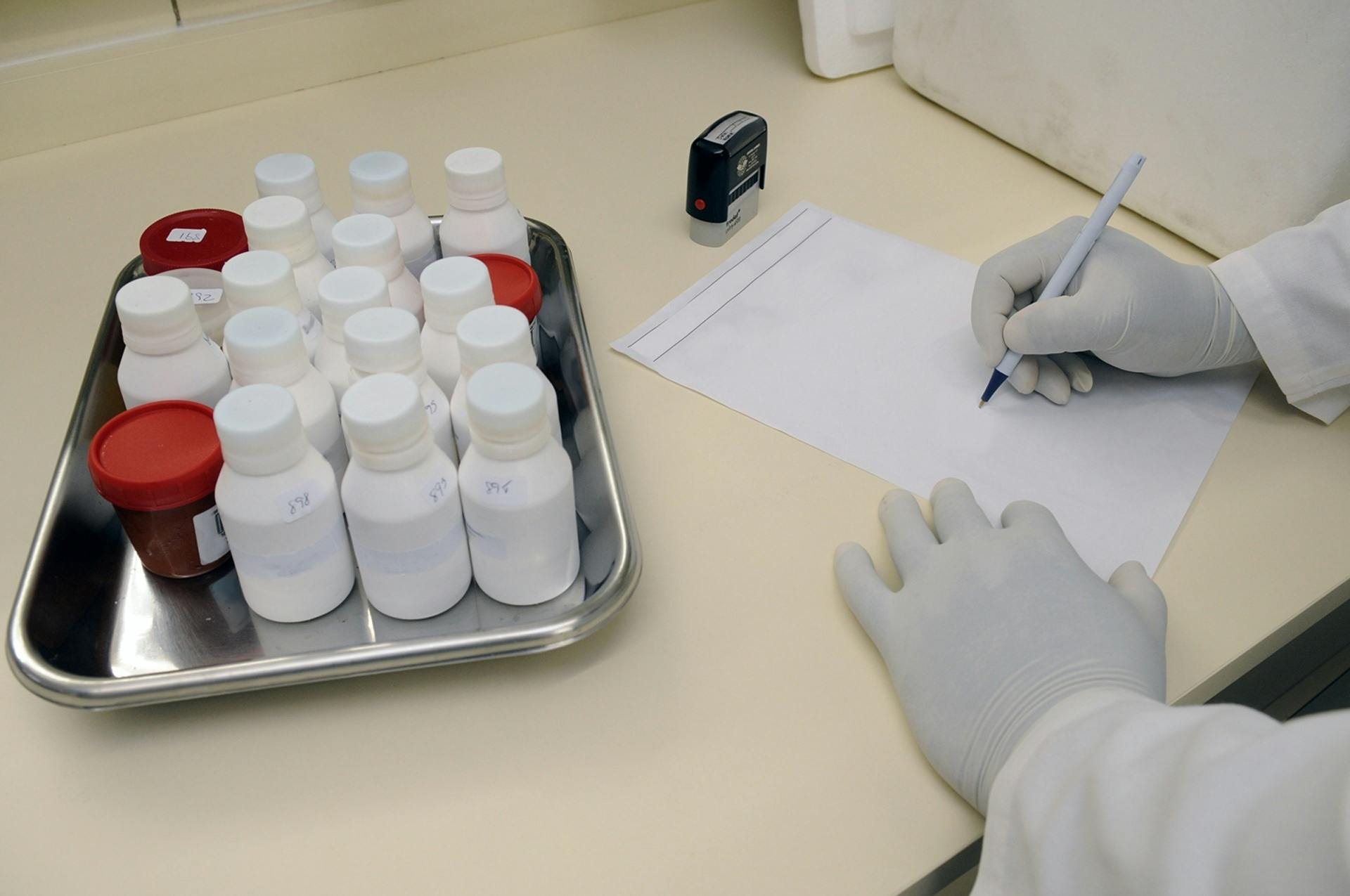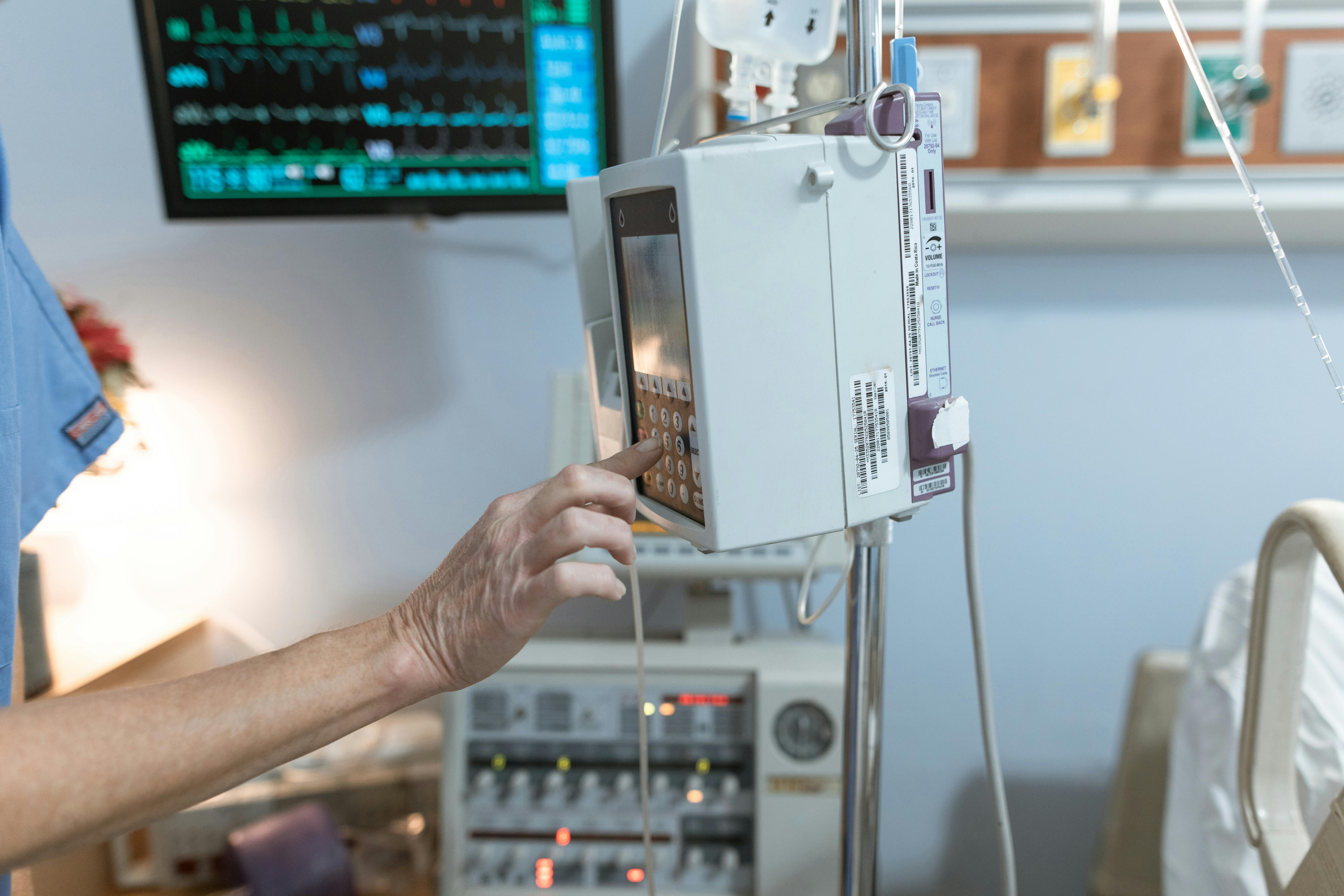Failure to Diagnose Cerebrovascular Disease or Stroke
A Missed Diagnosis with Lasting Impacts
A 50-year-old male patient presented to his primary care nurse practitioner with complaints of dizziness, left arm weakness, and fatigue. His medical history included hypertension, diabetes, high cholesterol, and cervical disc herniation. The nurse practitioner performed a neurological exam but did not conduct cerebellar function or sensation tests, documenting his motor strength as “5/5 bilaterally.” Instead, she ordered a cervical spine x-ray and EKG. The x-ray indicated cervical spine disease, while the EKG showed a fast rate but normal rhythm. After performing Epley maneuvers to replicate vertigo, she diagnosed the patient with vertigo, attributing his arm weakness to cervical spine issues.
/ / / / / / / /
The next day, the patient experienced left-sided weakness and facial droop. A CT scan revealed an ischemic stroke in the frontal and parietal areas of his brain. Though he received emergency TPA (a clot-dissolving medication) to restore blood flow, he ultimately suffered permanent brain damage, left-sided weakness, facial droop, slurred speech, and vision deficits. The case settled for over $1 million, alleging failure to diagnose cerebrovascular disease.
Common Causes of Failure to Diagnose Stroke and Cerebrovascular Disease
According to closed claims data, failure to diagnose cerebrovascular disease and stroke symptoms represent a substantial number of malpractices claims against nurse practitioners. Some common missteps include:
- Failure to Order Diagnostic Testing
Diagnostic tests such as carotid ultrasounds, cerebral angiograms, or CT scans can provide critical insight into cerebrovascular health. Delays in ordering these tests can significantly impact patient outcomes.
- Failure to Suspect Cerebrovascular Disease in Differential Diagnosis
Stroke symptoms, including dizziness, weakness, or facial droop, should always prompt consideration of cerebrovascular issues, especially in patients with risk factors like diabetes and hypertension.
- Failure to Admit or Delay in Hospital Admission
Immediate hospital admission can be vital when stroke symptoms emerge, ensuring timely imaging and intervention to prevent or minimize brain damage.
- Failure to Refer to Neurology
In cases of neurological complaints, a timely referral to a neurologist can facilitate advanced diagnostics and prevent progression.
- Failure to Manage Chronic Conditions
Conditions like diabetes, hypertension, and high cholesterol require ongoing management, as these are major risk factors for cerebrovascular events.
- Misinterpretation of Neurological and Diagnostic Results
Inaccurate interpretation of exams or poor neurological assessments can delay a critical diagnosis.
Damages Associated with Failure to Diagnose Stroke
A misdiagnosis of cerebrovascular disease can lead to severe, life-changing consequences, including loss of life (wrongful death), disability from neurological damage, increased medical costs, and diminished quality of life for both patients and their families.
Contact Malpraq for Guidance in Cerebrovascular Misdiagnosis Claims
At Malpraq, we understand the critical importance of accurate diagnosis and proactive treatment in preventing stroke and cerebrovascular complications. If you or a loved one has experienced a missed diagnosis of stroke or cerebrovascular disease, our team is here to support you. We will evaluate your claim and connect you with representation focused on securing the compensation and justice you deserve.
For more information, reach out to Malpraq for a confidential consultation. Our priority is your well-being and ensuring your case receives the attention it warrants.
Latest
From the Blog
Malpraq.com
Contact
Saint Rock Holdings LLC
309 E Georgia Ave
Phoenix AZ 85012
Malpraq.com
Contact
Saint Rock Holdings LLC
309 E Georgia Ave
Phoenix AZ 85012
Malpraq.com
Contact
Saint Rock Holdings LLC
309 E Georgia Ave
Phoenix AZ 85012
Malpraq.com
Contact
Saint Rock Holdings LLC
309 E Georgia Ave
Phoenix AZ 85012























